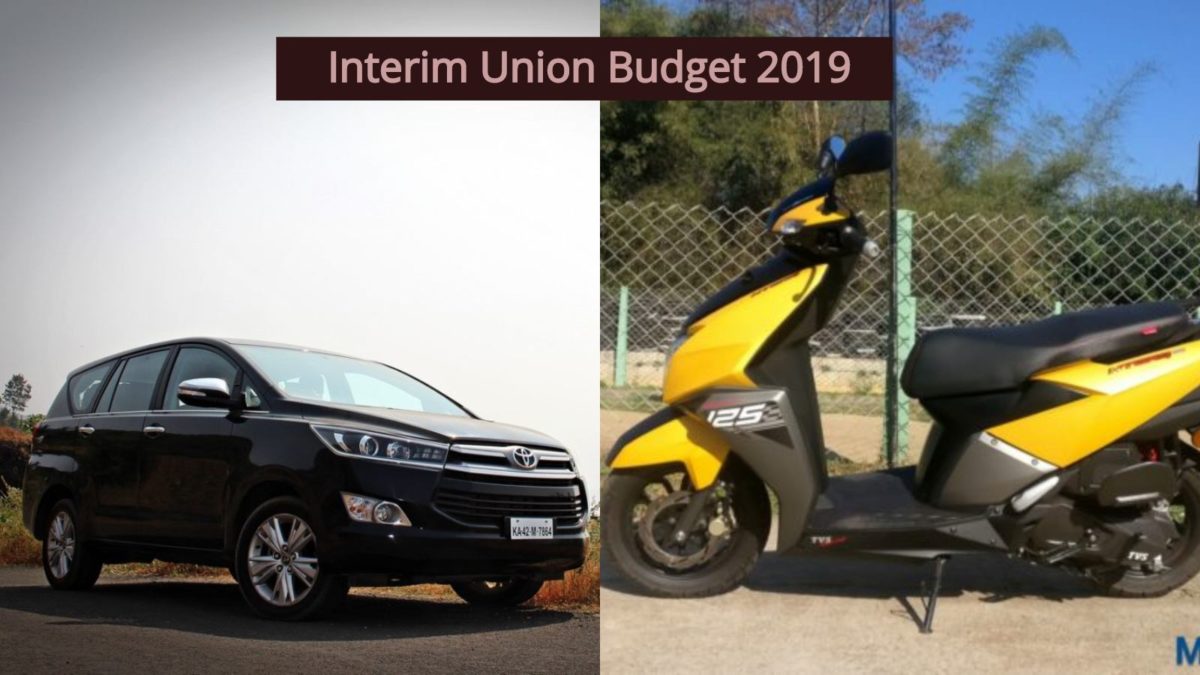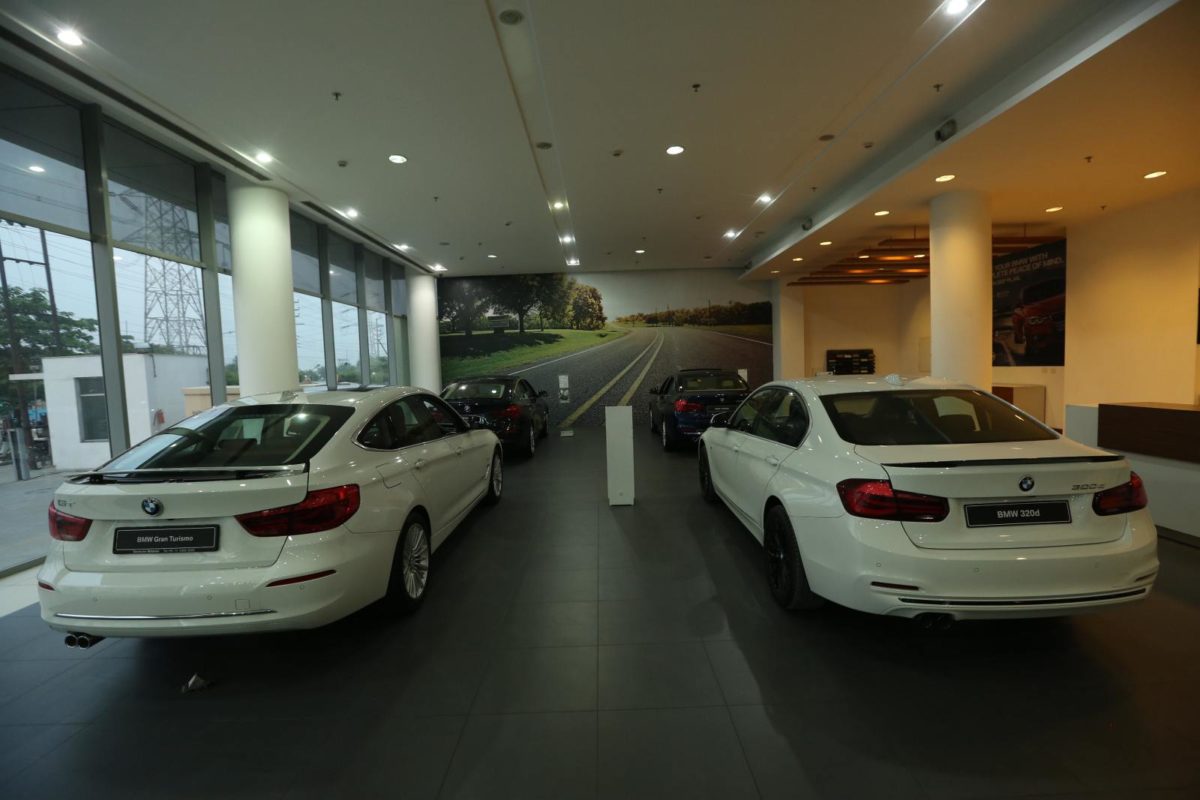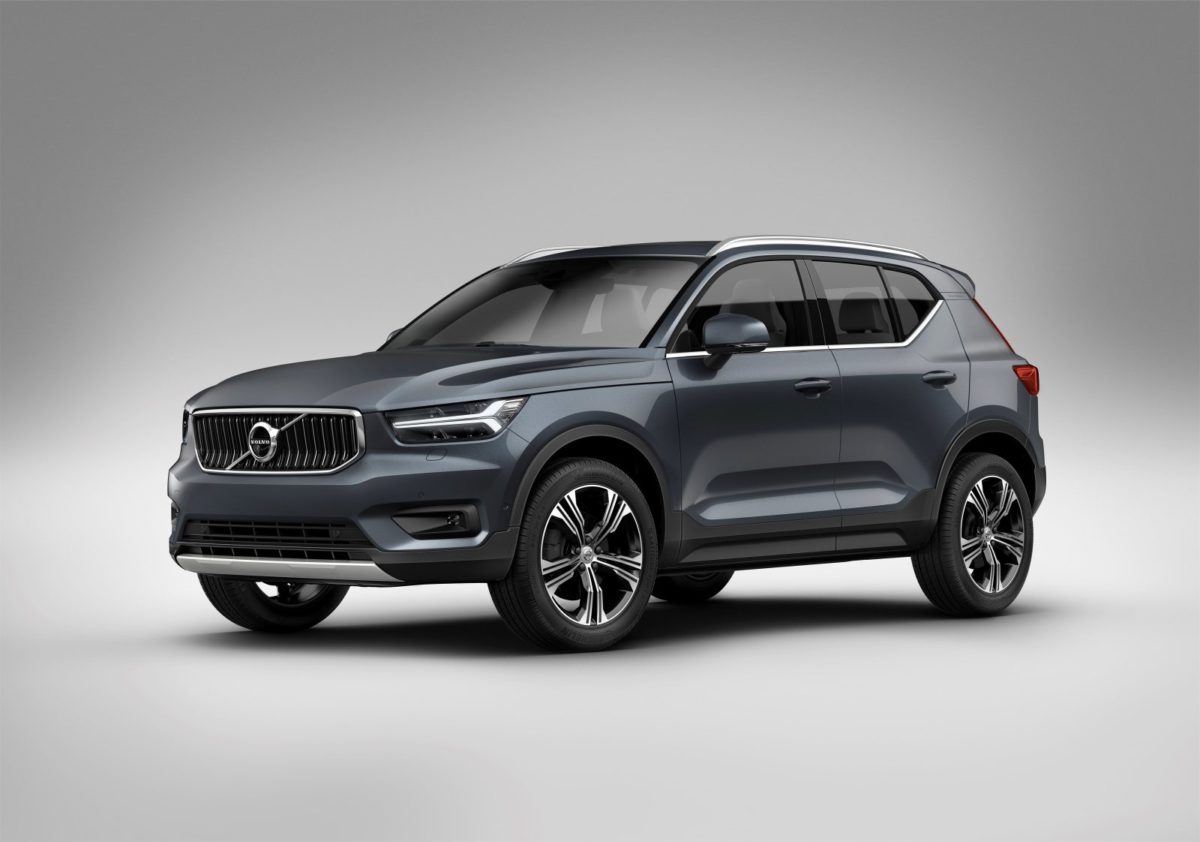Before the country goes into election mode this year, Interim Finance Minister Piyush Goyal presented the Union Budget for the year 2019. Termed as a budget which aims to please nearly everyone across sections, many sops were announced for the agriculture sector along with a rise in the ceiling for non-taxable income for the individual taxpayer. Here’s how leaders from the Automobile industry reacted to the Government’s annual financial management plan.
Mr Shekar Viswanathan, Vice Chairman & Whole-time Director – Toyota Kirloskar Motor
“The overall budget perspectives are positive covering a wide spectrum of areas as health, skill, infrastructure, agriculture – as a big boost to the economy. The resource allocation across the budget has been thoughtful. The fiscal deficit at 3.4% of GDP reflects better economic stability with the impact on inflation outlook being relatively muted. As we see, the continuing path of fiscal incentives would be growth positive, accelerating the nation’s development. Further, the thrust on overall rural development will certainly accelerate the buying sentiments of the consumers and also the increased tax exemptions will enhance the disposable income of the people, thus contributing to the upliftment of the society with improved living conditions.
The focus to strengthen the infrastructure [road, rail & air] will certainly facilitate industrial growth and promote ‘Make in India’ paving way for better mobility & accelerate the ease of doing business. We applaud the Government of India’s focus on EV drive towards reducing fuel import. Toyota has been a pioneer in electrified space offering alternate mobility solutions [HEVs, EVs, FCVs, PHEVs] globally. We would further continue our concerted efforts in this direction to boost sustainable mobility to enhance ever-better & comfortable living of the society. The vehicle emission-based tax regime would boost this EV vision, towards achieving a cleaner and greener environment. We hope that the tax revenues will continue to grow, enabling the implementation of the budget announcements. We now look forward to the full-fledged budget that would be presented during May-Jun this year.”
Mr Venu Srinivasan, Chairman – TVS Motor Company Limited
“This budget has empowered and increased buying capacity of every sector and segment of people. Tax exemption up to Rs. 5 Lakh per annum income for individual taxpayers is a historical step, which will provide more disposable income at hand for the working class. The decision will have an impact and there we expect more buyers of two-wheeler vehicles and in turn help the industry’s growth. The construction of rural roads having an allocation of Rs 19000 crores under the Pradhan Mantri Gram Sadak Yojana will be another boost towards demand for the rural economy. Two-wheeler industry in rural sector will also be positively impacted as Rs 6,000 per year cash support to about 12 crore small and marginal farmers will be provided under Pradhan Mantri Kisan Samman Nidhi scheme, which will cost the exchequer Rs 75,000 crore annually.”
Mr Steffen Knapp, Director – Volkswagen Passenger Cars
“The Interim Budget 2019 announced by Hon’ble Finance Minister Piyush Goyal presents a strong focus on the betterment of rural lifestyle and agriculturally related developments. This will definitely create an indirect impact on improving the overall sentiment towards the automotive industry. Further, we welcome the Finance Minister’s statement on “India will lead the energy revolution in the world with the electric vehicles” as it strongly aligns with Volkswagen’s global vision of “Electric for All”. This strong focus on rural electrification will definitely harbour a more conducive environment for an electric eco-system in India. We continue to look forward to a more structured framework and plan of action from the government that will fulfil the electric mobility vision for India.”
Mr Baba. N. Kalyani, Chairman & Managing Director – Bharat Forge Ltd
“The conventional understanding is that presenting an Interim Budget just before a general election places several constraints on the Finance Minister. Within these limitations, the government has chosen the middle path by announcing measures that will positively impact a large cross-section of people who deservedly require relief from the burden of taxation and also addressed issues of agrarian distress and employment, both of which will remain key priorities for any post-election dispensation. To that extent the government has shown that it is sensitive to the immediate challenges and has taken measures to respond to them.
The economic fundamentals of the country are clearly strong. A fiscal deficit of 3.4 per cent of GDP and an expected current account deficit of 2.5 per cent reflect that the foundations are in place for the country to achieve its vision of becoming a $ 5 trillion economy in the next 5 years and a $ 10 trillion economy in the next 10–12 years. The 10 dimension Vision 2030 is a clear road map for an aspirational New India. I, therefore, see this Budget as high on vision and one which should instil confidence about the future.
From an industry perspective, the allocation for Defence, which for the first time has crossed the Rs. 3 lakh crore threshold is encouraging. We hope that “Make in India” in Defence will result in a greater role for the private industry in this critical sector of the country’s economy. The thrust on MSMEs is also welcome as they have an important role in supporting large industries, achieving higher levels of indigenization and generate higher employment in the country. We welcome this budget.”
Charles Frump, Managing Director – Volvo Car India
“We welcome the Government’s vision to protect the environment and lead energy revolution with Electric Vehicles in the coming years. Volvo Cars’ future roadmap is completely in sync with this vision as globally we plan to go fully electric in the next few years. The fully electric car will make its entry into the Indian market soon after its global launch. We not only plan to launch the first-ever locally assembled plug-in hybrid vehicle in India later this year but also bring in four more plug-in hybrid vehicles next year.”
Mr N Nagasatyam, Executive Director – Olectra Greentech Limited
“We welcome the government’s vision of making India a vehicle pollution free country by 2030. Probably, for the first time Government has announced its clear commitment towards Green mobility. Till now, various officials spoke individually about this but by making it a part of its 10 years vision document, Government of India has firmly shown its commitment and has put all the uncertainties away about Indian Electric Mobility Industry. Now we are looking forward to the announcement of FAME-2. At the Macro-economic level, bringing the Fiscal Deficit down to 3.4% in 2018-19 and maintaining Current account deficit (CAD), at 2.5% of GDP this year are encouraging. The reduction in tax liabilities of the general public will help in increasing their purchasing power and we expect more people will invest in EVs to garner long term financial and environmental benefits.”
Jeetender Sharma, Managing Director – Okinawa Scooters
We are pleased to know that the government sees electric vehicles as a key part of its vision for 2030. The government has announced a slew of favourable policies for EVs, most recently reducing the import tariff on imported parts to 10 to 15%. While this would boost the demand and supply of EVs in India, the interim budget announcement also favours the same. As the government gears up to make India pollution free and promote electric vehicles, we believe that India will emerge as one amongst the globally-leading manufacturing hubs for electric vehicles. The boost from the government will also attract global leaders and Indian manufacturers to innovate and make electric vehicles a lucrative segment for everyday consumers.
Mr K. Kumar, Partner – Deloitte India
“In a number of ways, the budget was on expected lines. For some time now, the big push to address the agricultural sector difficulties was being spoken about. It will be interesting to see how the new proposals sit with what is already in place or what some of the new administrations in states that went through elections seek to implement as loan waivers. The focus on the workers in the unorganised sector was expected and welcome. Fiscal deficit being contained is good and will help the long term stability. In turn, this will aid demand creation and investment in the capital goods sector. The pertinent question is what is kept outside the balance sheet, as some economists and CAG point out and if that will come back to haunt the economy later
The changes made to the personal income tax structure may help with sustaining demand for appliances and domestic goods. Further, the interest subvention, cash transfer, etc may help rural demand for appliances. The investment in railways and defence can potentially accelerate in the manufacturing sector, assuming these investments are quickly converted into projects. Given the nature of the budget, it is understandable there is no mention of private participation in infrastructure building. While it is important for the economy to have a significant role for the private sector in this sector, that is being left to the incoming government.”
Mr Pankaj Dubey, MD & Country Head – Polaris India Pvt. Ltd
“The interim budget for this year will be benefiting the public of India. Under Government’s vision 2030, the adaption of renewable resources and electric mobility will shape the future for a greener environment in the country. Reducing Petroleum imports and introducing energy storage devices is laudable and indicates a transformation in the automotive industry to become self-sustainable in the future.”
Mr Anmol Singh Jaggi, Promoter – Blu Smart and Director – Gensol Engineering Pvt. Ltd
“The announced budget is a gift to the 1.3 billion people of India and a strong medium for the nation’s transformation. The current government, keeping in mind the challenges, has immensely uplifted a huge chunk of our Indian society largely the poor, the farmers and the youth of the country. We are happy that the government highlighted the use of electric vehicles in India, as part of its 2030 vision. This will surely prove to be a major push for India to adopt sustainable mobility solutions and services. This will also address the adverse effects of air pollution on the environment with a greener sustainable transportation solution.
The implementation of the electric mobility approach will not only reduce India’s energy demand by 64% but will also curb carbon emissions by 37%. It will encourage zero-emission mobility solutions to make urban transportation better and environment-friendly. The government’s vision of Clean and Green India is a clear indication that the focus on ‘green energy’ remains one of their top priorities. This further gives us the impetus and motivation to continue aligning our vision with theirs. India’s renewable energy sector has emerged as a game changer and will continue to be the major source of energy and will boost the solar industry.
Kavan Mukhtyar, Partner & Leader – Automotive, PwC India
“The focus on uplifting rural and agrarian income will have a positive impact on the tractors, 2 wheelers and Light commercial vehicle segment. Income tax Relief on income up to Rs. 5 Lakhs will increase the disposable income for middle-class families. This should translate into positive demand momentum for 2 wheelers and small cars in Q1 FY2020. By highlighting adoption of Electric vehicle as one of the 10 key dimensions for cleaner air, the Government has restated its intent to drive electric mobility forward. However, how will this be translated into specific policy measures will need to be examined further.”
Parveen Kharb, CEO and Co-Founder – Twenty Two Motors
“We welcome the Union Government’s budget announcement of making a Clean and Green India. The Union budget focused on making India pollution free and electric vehicles will play a key role in achieving the goal. The import duty reduction on electric vehicle components will further reinforce this and lead to wider acceptance of electric vehicles however some SOPs for Li batteries could fast track the movement.”
Mr Sohinder Gill, Director General – Society of Manufacturers of Electric Vehicles
“Prime Minister Shri Narendra Modi’s and Finance Minister Shri Piyush Goyal’s mission of bringing an Electric Vehicle revolution to India by 2030 is truly path-breaking and will surely provide much-needed impetus to the industry. The government’s focus on the use of clean energy in the transportation sector would certainly help our country tackle the issue of climate change. EV industry welcomes our Hon’ble Finance Minister’s commitment towards making the country pollution free, in his budget speech 2019-2020. We hope the government would soon announce a concrete plan of action with its time-bound implementation in order to fulfil its stated vision. SMEV strongly feels that an initial high dose of incentives and actions must be taken in the next 1 or 2 years to relaunch the electric mobility mission that has sort of lost steam in the recent years due to a flip-flop of policies.”




